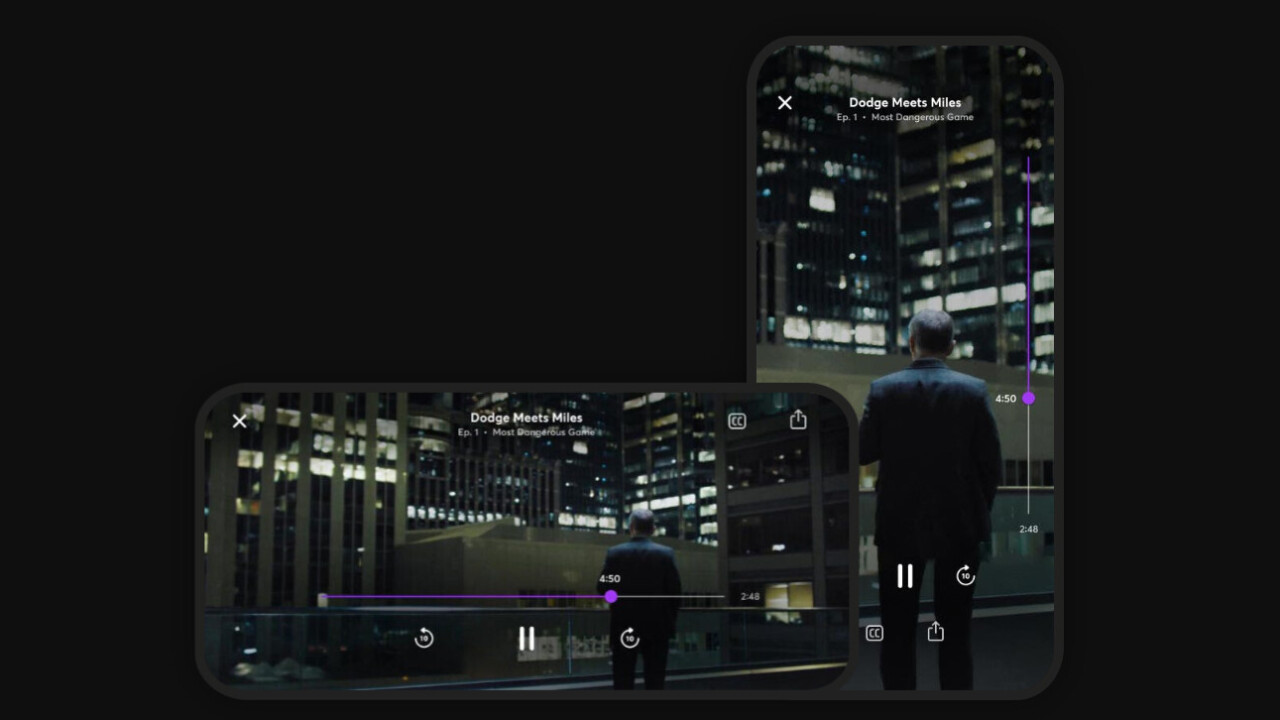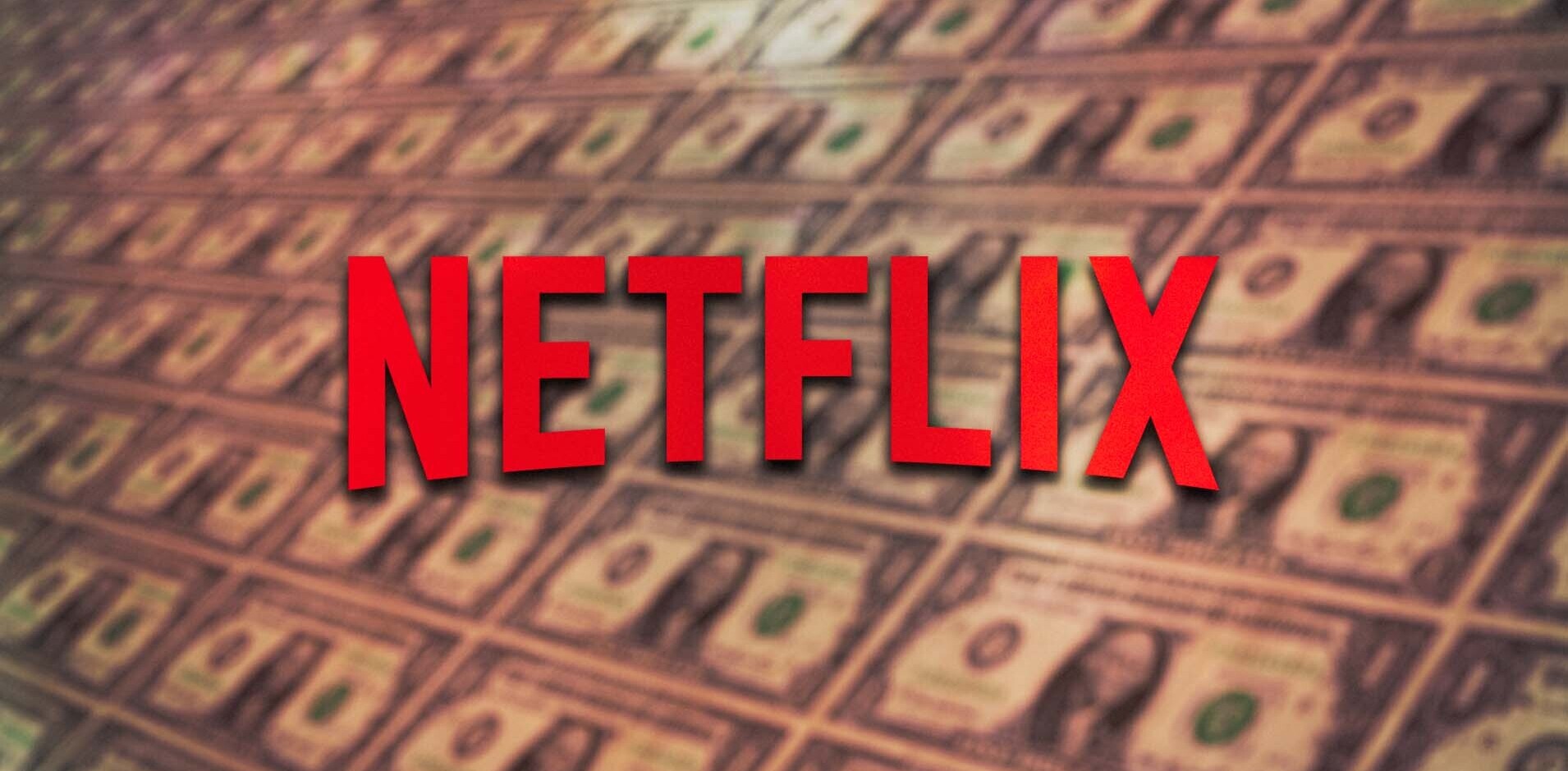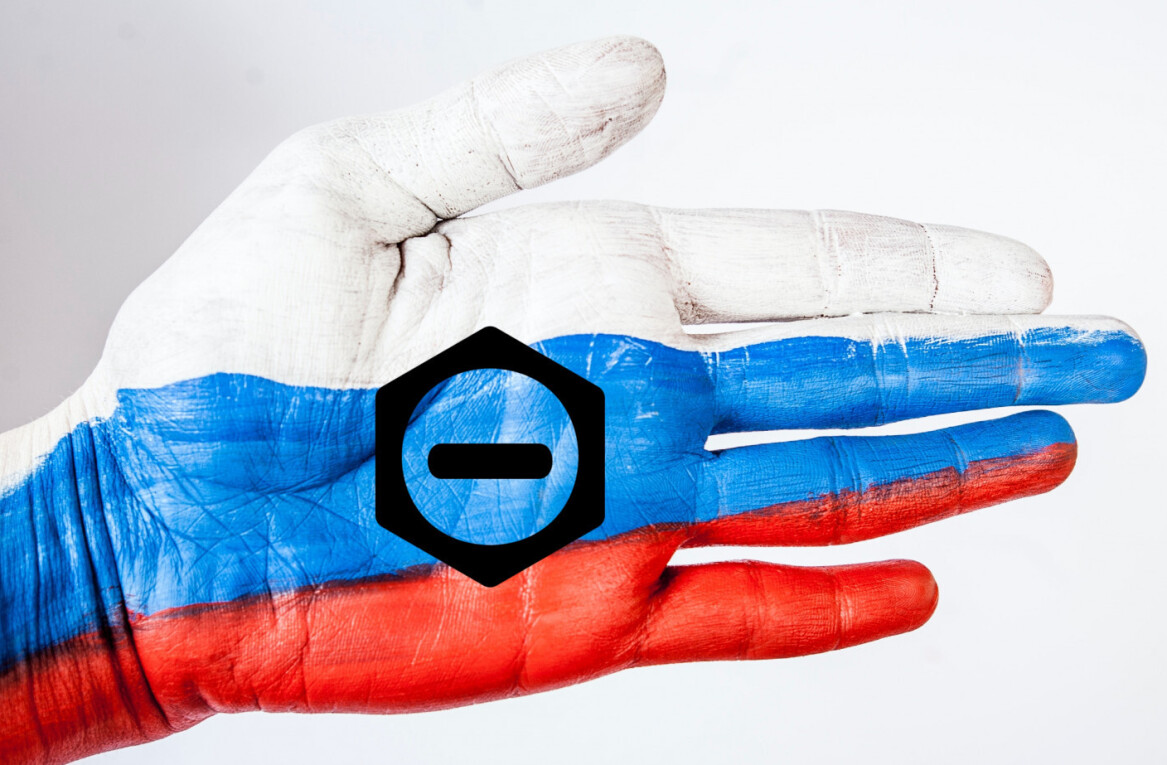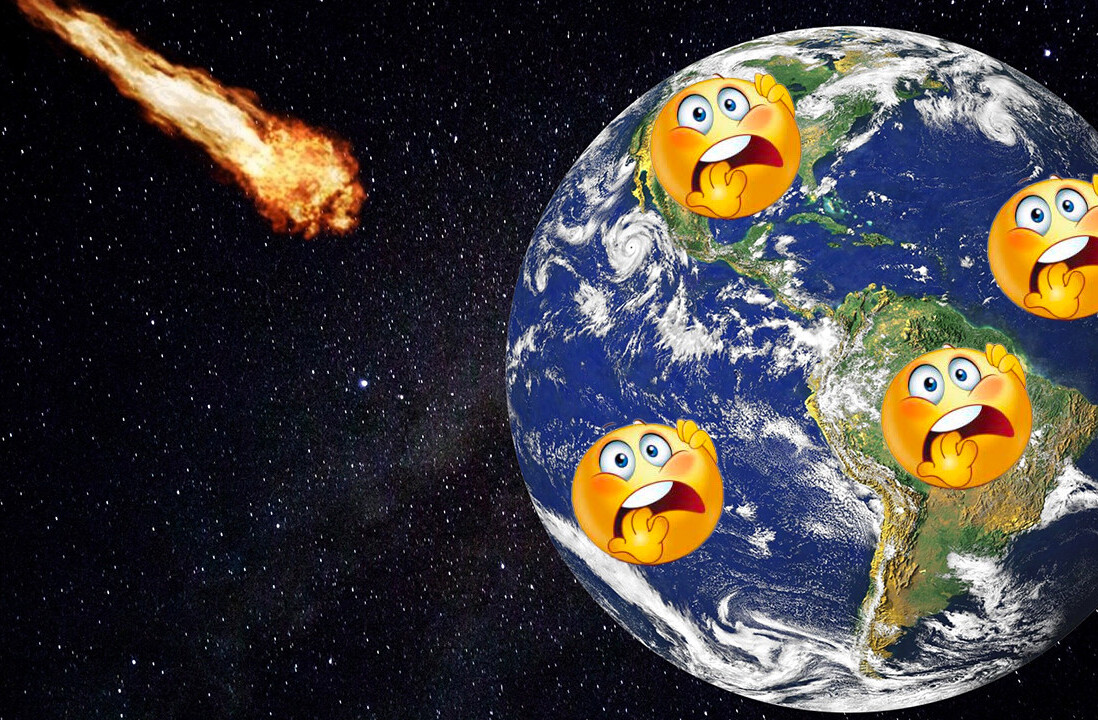
A new competitor is joining the overcrowded streaming landscape: Quibi, short for Quick Bits — a mobile-only app with short video content made specifically for smartphones that .you can view in landscape or portrait mode.
The company recently raised an additional $750 million during its second round of funding, bringing its total so far to $1.75 billion just one month before its official launch on April 6.
On the surface, Quibi looks ready to compete with the likes of Netflix, Disney, and Hulu. More realistically, it’ll be up against YouTube and TikTok, with 175 original shows made up of 8,500 episodes that will each last 10 minutes or less.
[Read: You’ll only be able to watch Steven Spielberg’s new horror series after dark]
Quibi CEO Meg Whitman, a formidable tech powerhouse and previous Hewlett-Packard president, has mentioned content ranging from unscripted series, talk shows, sports, news, as well as movies split up into bite-sized chapters. 50 of those shows are expected to be available at launch.
Quibi like YouTube, but made by Hollywood
Essentially, Quibi’s billion-dollar idea is publishing short content to be consumed whilst waiting for a train, or in line at the bank. That means shows shot to be viewed in both horizontal and vertical screen modes, which may even provide additional camera perspectives.
It’s certainly a different strategy to Netflix, which distributes much longer content perhaps unsuitable for watching on-the-go. To give the plan maximum oomph, Quibi has placed its hopes in household names like Steven Spielberg, Reese Witherspoon, Liam Hemsworth, and Jennifer Lopez to attract subscribers.
Indeed, Quibi is spending big on its first-year content. Variety noted it’s forking out up to $100,000 per minute ($6 million per hour) on production budgets for its top-tier original shows, with a 20% profit margin on top that goes directly to the creator.
On that note, creators and studios who allow Quibi to distribute their content retain their intellectual property, and even get the rights to their content back after seven years. Those that split their movies into smaller episodes can reportedly piece them back together to distribute as “legitimate” movies after two years.
This is said to be in line with the amounts of money that goes into producing primetime TV shows, and much more than the $500-to-$5,000 per minute of video that Whitman estimates is spent by YouTube’s top content creators.
There’s a lot of money riding on this
Ultimately, the platform is a $1.75 billion bet backed by Alibaba Group and a raft of undisclosed investors, made alongside a fund launched by Quibi co-founder and bonafide Hollywood mainstay Jeffrey Katzenberg — a producer and former chairman of Walt Disney Studios.
On top of that funding, Quibi even managed to sell $150 million worth of advertising designated for its first year of streaming. Big corporate names like General Mills, Taco Bill, PepsiCo, Walmart, and Google will all shill their products and services on Quibi.
The upstart platform also has a distribution deal with T-Mobile, citing its upcoming 5G network as a perfect fit.
Still, this bet won’t pay off without subscribers, and lots of them. To lure you in, Quibi is undercutting the competition — selling subscription packages for as little as $4.99 per month with ads, or $7.99 without them.
Quibi’s launch also hasn’t been without problems. While early viewings of its original content attracted some praise, the company’s person in charge of content operations, Diane Nelson, left in the second half of last year, as did its heads of daily content, partnerships, and distribution.
Another misstep that hurt the company was when Whitman notably compared the ways in which journalists cultivate relationships with their sources to how sexual predators groom their underage victims, and was later forced to publicly apologize.
Whether Quibi flops is entirely up in the air, but what we do know is this: Spielberg potentially producing films in vertical mode is one cruel joke we can do without this year.
Get the TNW newsletter
Get the most important tech news in your inbox each week.




